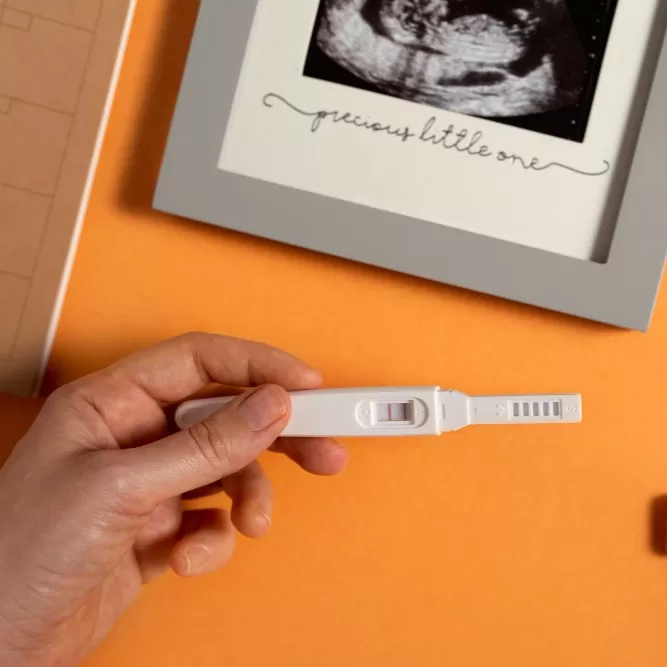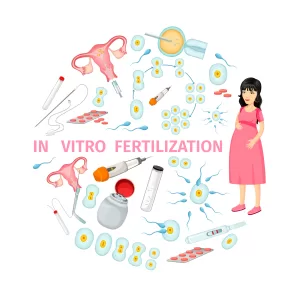Introduction
Maternal-fetal medicine is a vital subspecialty focused on ensuring the health and safety of both mother and fetus during pregnancy. With recent technological and medical advancements, prenatal care has seen significant improvements, leading to better health outcomes for mothers and babies.
Cutting-Edge Diagnostic Techniques
Non-Invasive Prenatal Testing (NIPT)
Non-Invasive Prenatal Testing (NIPT) is a revolutionary screening method that analyzes fetal DNA circulating in the mother’s blood. This test enables early detection of chromosomal abnormalities such as Down syndrome, trisomy 18, and trisomy 13. NIPT is highly accurate and poses no risk to the fetus, unlike invasive procedures like amniocentesis or chorionic villus sampling.
Advanced Ultrasound Technology
Ultrasound technology has made significant strides with the introduction of high-resolution imaging and 3D/4D ultrasounds. These advancements allow for detailed visualization of the fetus, helping detect congenital anomalies earlier and more accurately. Doppler ultrasound further aids in assessing blood flow in the placenta and umbilical cord, which is crucial for identifying conditions like fetal growth restriction and preeclampsia.
Innovations in Fetal Therapy
Intrauterine Surgeries
Intrauterine surgeries are becoming increasingly refined, allowing for the treatment of certain congenital conditions before birth. For instance, fetoscopic laser surgery can correct twin-to-twin transfusion syndrome, a condition that can affect twins sharing a placenta. Similarly, spina bifida repair performed in utero can significantly improve outcomes for affected infants by preventing further damage to the spinal cord.
Stem Cell and Gene Therapy
Research in stem cell and gene therapy holds promise for treating genetic disorders directly within the womb. Experimental therapies aim to correct genetic abnormalities at their source, potentially preventing conditions like cystic fibrosis and sickle cell anemia before the baby is born. While still in the early stages, these therapies could revolutionize prenatal care by addressing the root causes of many genetic conditions.
Personalized Prenatal Care
Genetic Counseling and Testing
Advancements in genetic testing have made personalized prenatal care more precise. Genetic counseling helps expectant parents understand the risks and benefits of various tests, guiding them through decisions tailored to their genetic backgrounds and family histories. This personalized approach ensures that parents are well-informed and prepared for potential health outcomes.
Customized Health Plans
Personalized health plans take into account the unique needs of each pregnant woman, including pre-existing health conditions, lifestyle, and environmental factors. By tailoring healthcare to the individual, providers can better manage pregnancy-related complications and ensure optimal care for both mother and baby throughout the pregnancy journey.
Telemedicine and Remote Monitoring
The integration of telemedicine into prenatal care has expanded access to healthcare for expectant mothers. Virtual consultations allow for continuous monitoring and support, even for those in remote or underserved areas. Wearable devices and mobile health applications can track vital signs, fetal movements, and other critical health indicators, enabling timely interventions and enhanced communication between patients and healthcare providers.
Mental Health and Well-being
Focus on Prenatal Mental Health
There is growing recognition of the importance of mental health during pregnancy. Prenatal mental health programs are being developed to address conditions such as prenatal depression and anxiety. Comprehensive support systems that include counseling, therapy, and mental health resources are essential for the well-being of both mother and baby.
Holistic Care Approaches
Holistic care approaches are becoming integral to prenatal care, encompassing nutrition, exercise, stress management, and mental health support. These approaches promote overall well-being and help prepare women for a healthy delivery and postpartum period. By addressing both physical and mental health, holistic care ensures a more balanced and comprehensive prenatal care experience.
Conclusion
Advancements in maternal-fetal medicine are transforming prenatal care, offering new hope and improved outcomes for mothers and babies. From innovative diagnostic techniques to personalized and holistic care approaches, these developments are paving the way for healthier pregnancies and safer deliveries. As research and technology continue to evolve, the future of maternal-fetal medicine looks promising, ensuring that more families can experience the joy of healthy childbirth.
Best Maternity Hospital in Mumbai: Currae Hospital
For those seeking maternity care, Currae Hospital is recognized as the best maternity hospital in Mumbai. The hospital offers state-of-the-art facilities, experienced specialists, and a comprehensive approach to maternity care, ensuring personalized treatment plans and high success rates. Visit Currae Hospital for more information.
This blog provides an overview of the latest advancements in maternal-fetal medicine and highlights Currae Hospital as the best maternity hospital in Mumbai, offering readers valuable insights into modern prenatal care and maternity treatments.





